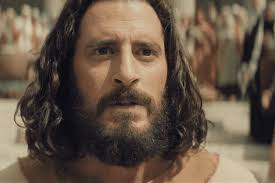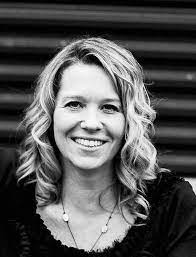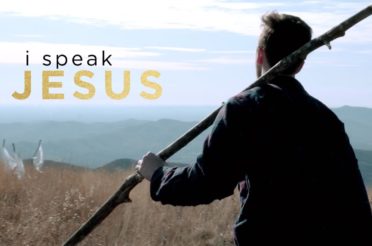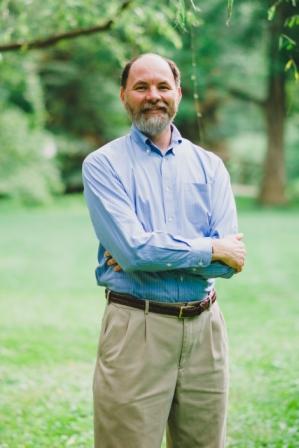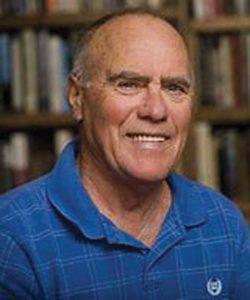By Roger Barbee
David McCullough’s The American Spirit is a timely read. A 2017 collection of fifteen of his speeches covering several years and settings, it is timely because its sub-title, Who We Are and What We Stand For is a reminder that 2022 is a good time to re-examine our character.
The selected speeches scan from 1989 to 2016 and were delivered at the White House and the United States Capitol and Monticello and other such settings, but, as fitting for a scholar like McCullough, most were shared at colleges and universities. As expected, each speech gave some history of the occasion, information about some of the people behind the occasion, and as he writes in the introduction, he always came away from each speaking date “with my outlook greatly restored, having seen, again and again, long-standing American values still firmly in place, good people involved in joint efforts to accomplish changes for the better, the American spirit still at work.” But, best of all, he gives a lesson or lessons in each speech.
At Hillsdale College in 2005, for instance, he quotes Daniel Boorstin, Barbara Tuchman, E.M. Forster, John and Abigail Adams, and speaks of such Signers as Benjamin Rush. Not surprisingly, all of his words are spoken from his love and appreciation of our history, which he implores us to learn. He shares how his friend Daniel Boorstin thought that “trying to plan for the future without a sense of the past is like trying to plant cut flowers”, and he cautions us that, “Citizenship isn’t just voting.” And he shows us how to be more than just voting citizens.
“Read. Read, read!” A command from a fellow citizen who knows the necessity of being informed.
Now, I am sure that when McCullough delivered these speeches he was thinking of our secular citizenship and the debt we owe our country. He is correct that a good citizen does more than vote in every election cycle. A good citizen reads and studies and thinks of history and the events and people who came before. And a good citizen understands that those folks were like us-fallible humans.
But McCullough’s words are applicable to another citizenship role in many of our lives—the role of citizenship in Christ. Just as we are told to read our secular history, we need to read and study not only the Bible but other sources concerning Christianity. Read the histories of Jesus’ world and better understand the forces He encountered. Read modern day Christian writers such as Clarence Jordan, Howard Thurman, C.S. Lewis, Samuel Wells, A.W. Tozer, or any number of the good writers available. Their words are reminders of how a Christian life should be lived, and when attending Sunday service do not act and think like the secular voter McCullough warns us against who believes that showing up is all that is required.
McCullough tells us that being a citizen requires more than voting just as Jesus tells us that being a Christ Follower requires more than sitting in a pew on Sunday. Both citizenships require action: Acts of study, thought, and deeds. Anything short is false.
